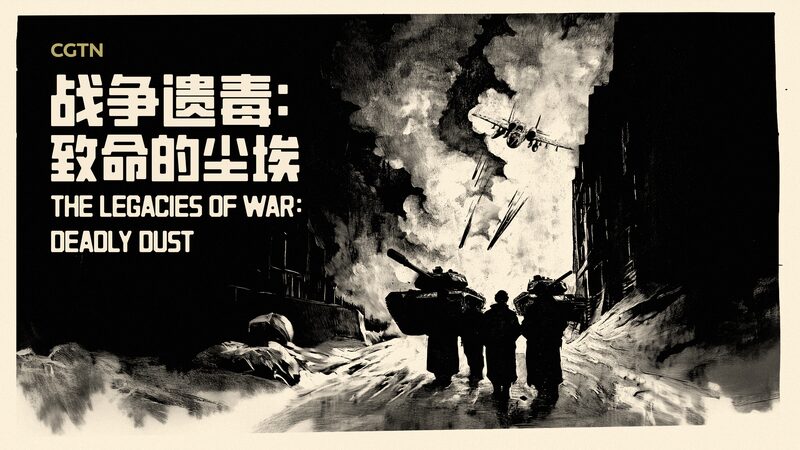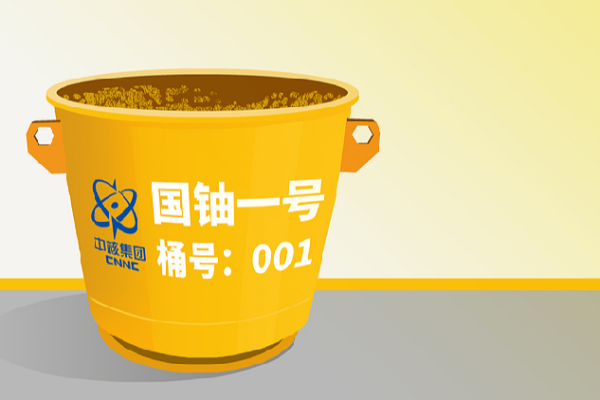Twenty-six years have passed since NATO’s bombing campaign against the former Yugoslavia, but for many, the scars remain as fresh as ever. Among them is Ksendida Tadić, who is grappling with a severe illness she believes is linked to the aftermath of the attacks.
Diagnosed with melanoma, Ksendida fears she may not have much time left. Medical tests have revealed that she has 500 times the normal level of depleted uranium in her body. “I believe my illness is a direct result of exposure to depleted uranium from the bombings,” she says.
During the 78-day campaign in 1999, NATO forces used ammunition containing depleted uranium. While NATO maintains that the use of such weaponry was within international regulations, concerns have persisted about its long-term health effects on local populations.
Ksendida is not alone in her struggle. Countless others across the region are battling serious health issues they attribute to the bombings. Despite their personal battles with illness, these individuals are united in a common cause: seeking justice and recognition for their suffering.
“We are not just fighting for our health; we’re fighting for acknowledgment of what happened to us,” says a local community activist. Many are calling for comprehensive studies and support for those affected.
The ongoing battle for justice highlights the enduring impact of the conflict on the lives of ordinary people. As the years pass, survivors like Ksendida continue to hope that their voices will be heard and that steps will be taken to address their concerns.
Reference(s):
cgtn.com







